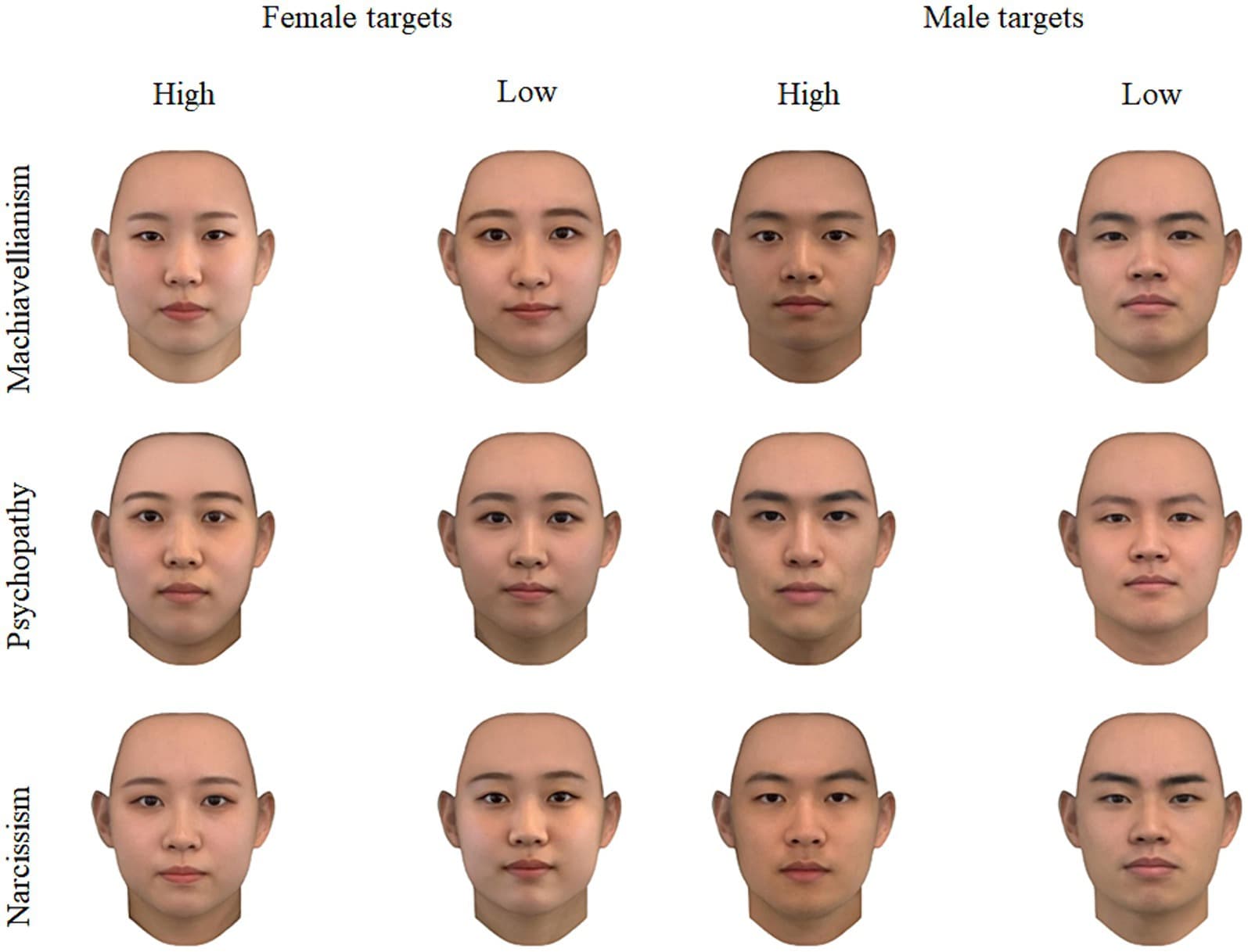Research Reveals Peak Machiavellianism in Youth, Consistent Gender Gap

New research indicates that Machiavellian personality traits are most pronounced in young adults, particularly those in their 20s, and consistently higher in men across all age groups. This finding aligns with a recent study and discussions by researchers such as Rob K. Henderson, whose work was highlighted in a social media post by Amy Wu Martin. The tweet noted, "Interesting that men are more Machiavellian than women at all ages but young people in their 20s are most."
A large-scale cross-sectional study by Götz, Bleidorn, and Rentfrow, involving over a million participants, found that Machiavellianism exhibits a strong upward trend during late childhood and adolescence, peaking around age 16. This trait then shows a steady downward trend throughout adulthood, reaching its lowest point around age 65. The study also consistently reported higher levels of Machiavellianism in men compared to women across the lifespan.
Further supporting these observations, a study published today in the journal Deviant Behavior, titled "Could the Younger Be Darker? A Cross-Sectional Study on the Dark Triad Levels Across the Lifespan," corroborated that Machiavellianism and psychopathy tend to decrease with age, being most prevalent in younger adults. This research, involving 1,079 Brazilian adults aged 18 to 81, identified that Machiavellianism was highest among the youngest participants and declined steadily. Narcissism, however, remained relatively stable.
Machiavellianism, characterized by manipulative behavior, cynicism, and a strategic pursuit of self-interest, is one of the "Dark Triad" personality traits. While these traits are often seen as socially aversive, researchers suggest they may serve adaptive purposes in certain competitive environments, particularly for younger individuals navigating social and professional landscapes. The consistent gender difference, with men scoring higher, has been a recurring observation in personality psychology.